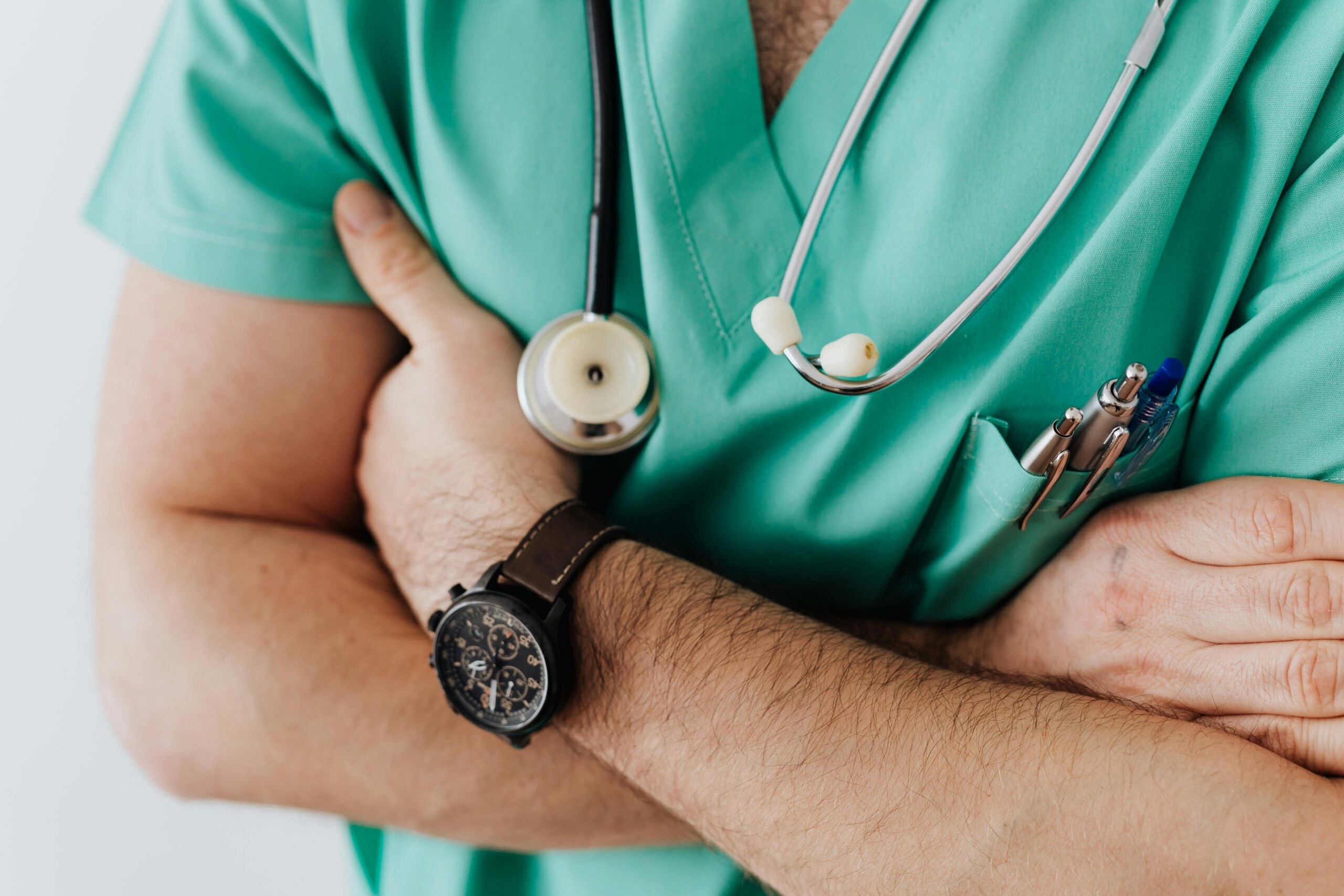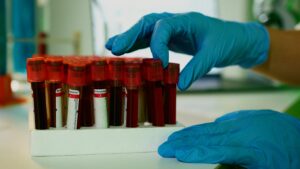The path to becoming a physician is packed with different academic challenges and phases of medical training. From the foundational biomedical sciences program to the early years of medical school spent learning the basic concepts of medicine and hands-on experience you will receive in clinical years and eventually become a resident physician.
Residency is undoubtedly the most critical period of your medical training. Once you pursue your MD degree, you must enter the world of medical residency for completing your postgraduate training. It is an exhilarating and challenging journey that will give you the real taste of life as a doctor. It is the phase when new MDs apply knowledge they learned in the medical school in treating actual patients under the supervision of attending physicians and trained healthcare staff.
The first year of residency or PGY-1 (Post-Graduate Year 1), is a transformative and pivotal time in a physician’s career, filled with challenges, learning opportunities, and moments of growth. Many new MDs are eager to learn what to expect in the first year of residency, here is a detailed guide for aspiring doctors on what to expect as a resident doctor.
Transition from Medical School
The first year of residency marks the transition from Caribbean medical school during which you will transform from a medical student to a resident. You will learn how to apply the foundational knowledge in real-world medical settings under the guidance of experienced healthcare professionals. Residency is where that knowledge starts to come to life. During your first year, you’ll be immersed in clinical practice, often taking on the responsibility of patient care for the first time as a primary caregiver.
You will get to know about the hospital culture, understand its policies, procedures and workflow. As you navigate the intense demands of patient care, teamwork, and self-management, it will build a solid foundation for your future in the field of medicine. During the first-year residency is the time when you get to know the fellow residents and understand the residency program structure and hierarchy.
Adapting to Clinical Practice
As you embark on your first year residency journey, you’ll rotate through various specialties, depending on the medical specialty you choose. These could include general internal medicine, surgery, pediatrics, psychiatry, cardiology, pulmonology – to name a few. Each rotation will have different expectations, ranging from learning the basics of patient assessments to developing proficiency in specific technical procedures.
The transition from a medical student to a resident physician is a pivotal milestone. You will be involved in direct patient care and perform initial patient evaluations, take histories, and make clinical decisions under supervision. You’ll also prescribe medications, order tests, and monitor patients’ progress, though always under the watchful eye of senior residents and attending physicians.
Long Hours and a Rigorous Schedule
Residency is known for its grueling hours. Expect to work long shifts, these can include overnight shifts, weekends, and holidays. This schedule is designed to help you gain hands-on experience and develop the stamina necessary for a medical career.
As a first-year resident, you’ll be working overnight or during off-hours. On-call responsibilities vary by specialty but generally involve being available for emergencies and urgent consultations. Depending on your rotation, night shifts may become part of your routine. These shifts can be exhausting but are an essential part of the residency training experience.
Building Relationships with Your Team
One of the most rewarding aspects of residency is the opportunity to work directly with a multidisciplinary team. As a first-year resident, you’ll collaborate with senior residents, attending physicians, nurses, medical students, and other healthcare providers. You’ll participate in daily rounds, where the healthcare team discusses patient care, diagnoses, and treatment plans.
You’ll work with attending physicians to manage patients, take part in case discussions, and learn from experienced professionals. Senior residents and attending physicians are there to guide you, teach you, and help you navigate complex clinical situations. Expect to receive feedback on your performance, which will be constructive and help you become a great physician.
Mastering Procedures and Diagnoses
Your first year of residency will be filled with opportunities to learn and refine the technical skills you’ll need to become a proficient physician. These include performing diagnostic tests, interpreting lab results, and carrying out medical procedures.
Depending on your specialty, you’ll learn to perform procedures such as suturing wounds, inserting IV lines, performing intubations, and conducting physical exams. You’ll also become more adept at diagnosing common and complex conditions, interpreting imaging and lab results, and formulating treatment plans. Each medical specialty has its own set of clinical guidelines and protocols. You’ll spend time learning these and applying them to real-world situations.
Navigating Burnout and Self-Care
Residency is demanding, both physically and mentally. The long work hours and emotional strain of patient care can contribute to stress and burnout. Maintaining your physical and mental health is essential for surviving and thriving in your first year residency.
Try to maintain a healthy diet, exercise regularly, and get as much rest as possible. Although it may seem challenging with your schedule, small, consistent efforts to care for your body will improve your energy levels and well-being. The emotional toll of residency is real. You may experience stress, anxiety, and depression. It’s crucial to seek emotional support when needed, whether through talking with peers, mentors, or professionals. Many residency programs offer mental health resources to help you cope.
Finding time to recharge your mind and engage in activities outside of medicine is vital. This might include watching your favorite Netflix show, spending time with loved ones, pursuing hobbies you love, or simply finding me time.
Professional Development and Feedback
Your first year of residency is not only about acquiring clinical skills but also about developing as a professional. You’ll receive regular feedback from attendings and senior residents on your performance. This feedback is crucial for becoming an excellent physician.
You’ll undergo formal evaluations at regular intervals to assess your progress in areas such as clinical knowledge, technical skills, professionalism, and communication. Expect both positive reinforcement and constructive criticism. The feedback will help you identify areas for improvement and guide your learning.
Residency is a time to learn the nuances of professionalism in medicine, including maintaining ethical standards, developing empathy, and fostering effective communication with patients and colleagues.
Conclusion
Your first year of residency will undoubtedly be full of challenges, but it will also be incredibly rewarding. You will develop your clinical expertise, refine your procedural skills, and learn what it truly means to be a physician. Though you may face stress, fatigue, and moments of doubt, remember that you are building the foundation for a successful medical career. With time, patience, and perseverance, you’ll grow into a capable, confident doctor ready to handle the complexities of patient care and the demands of the medical profession. Embrace your residency journey, seek support when needed, and remember that every challenge is an opportunity to learn and improve.







